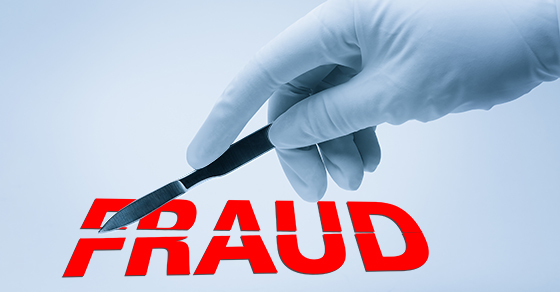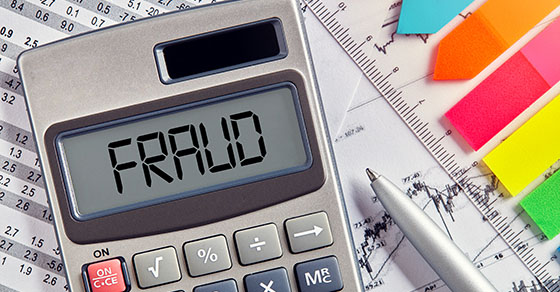When people hear the term “forensic science,” they usually think “CSI.” What comes to mind when you hear the term “forensic accounting”? Similar to forensic scientists offering opinions about scientific matters, forensic accountants may be called on to investigate and serve as financial experts in commercial litigation. Here’s how.
Who they are
Forensic accountants specialize in conducting fraud audits and investigations to detect irregularities and troubling trends, looking for both telltale and subtle signs of white collar crime. Certified fraud examiners (CFEs) are specially trained in fraud discovery, recognition, documentation and prevention. They’re also generally knowledgeable about human behavioral factors and motivations that contribute to the commission of fraud, such as the ability to rationalize fraudulent conduct.
Often, forensic accountants are retained to detect misrepresentations of financial data or to locate missing funds. It’s important to investigate fraud suspicions as early as possible to help mitigate potential losses.
What to expect
When you or your attorney engages a forensic accountant, you can expect the expert to work closely with you to tailor an investigation to the situation at hand. Depending on the type of fraud suspected, the investigation may be performed on a comprehensive, companywide or random, spot-check basis.
Forensic accountants work to determine the scope of the fraud, including its duration and participants. Investigations typically require extensive document review. In a case involving asset misappropriation, for example, experts might search for forged documents.
They also look for evidence of compliance — or noncompliance — with Generally Accepted Accounting Principles (GAAP). Of course, GAAP compliance doesn’t guarantee legitimate accounting, so an investigation might also focus on specific areas that wouldn’t necessarily be caught in an audit, such as the use of assets at the operational level. Are they being used as intended or for the benefit of an employee? Are all of the assets accounted for?
When to expand the scope
Special investigations also can be effective in uncovering high-level financial fraud. A board usually receives its financial and operational information from a company’s executives. Investigations enable board members to get deeper, more detailed information without going through management. Experts can interview individuals “in the trenches” and review raw data, and then communicate their findings directly to the board.
Fraud investigations might be used to monitor the activities of top executives — even if only for policy lapses. Management members often are given greater latitude and may be tempted to bend the rules. When this occurs, it can influence a company’s ethical environment and encourage other employees to disregard policies or commit fraud.
When to call
If you suspect a financial impropriety, contact us. We can help minimize fraud losses, preserve confidentiality and admissibility of evidence, and possibly even reduce litigation costs.
© 2019



